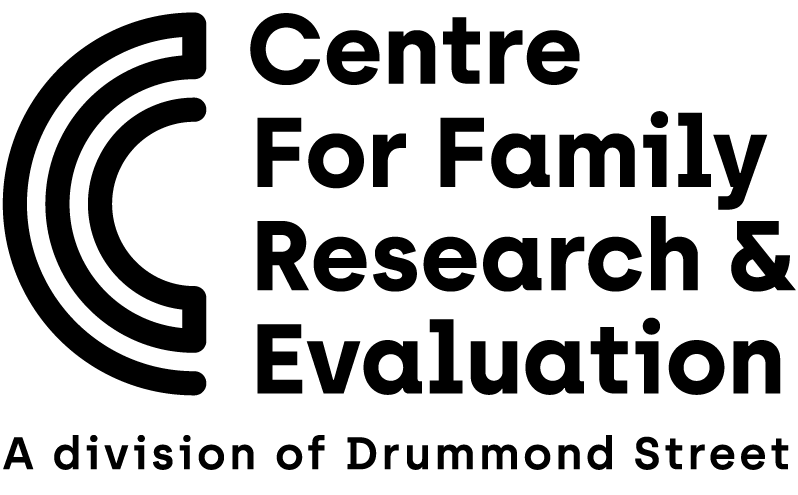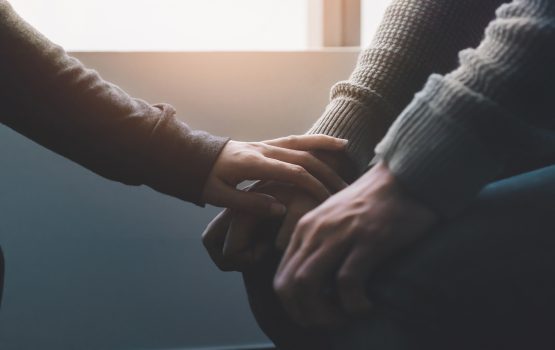Action Research: Use of Family Violence by LGBTIQ+ People

National and international research has found that family violence in LGBTIQ+ relationships occurs at rates similar to, if not higher than heterosexual relationships. LGBTIQ+ populations face unique and intersecting vulnerabilities, including that: the impacts of abuse are compounded by discrimination and stigma experienced in a community context; intimate partner and family violence remains largely invisible in LGBTIQ+ communities due to myths that LGBTIQ+ people do not, or cannot, experience abuse; LGBTIQ+ communities are far less likely than the general population to find support services that meet their specific needs; and, many services are unable to support the unique needs of LGBTIQ+ people impacted FV.
The Australian Department of Social Services funded an action research project at drummond street in 2018/2019 to address this knowledge gap. The purpose of this research was to develop a better understanding of the risk and protective factors associated with LGBTIQ+ family violence in order to build effective interventions for LGBTIQ+ people using violence. queerspace/drummond street services (ds) delivers specialist family violence services for LGBTIQ+ people, including therapeutic work and case management support. This provided ds unique practitioner data to explore, as well as clients to approach about sharing their lived experience, alongside the literature around LGBTIQ+ people’s use of violence.
The components of the project included:
- A rapid literature review providing a picture of existing evidence for family violence risk factors and interventions with LGBTIQ+ people
- Focus groups and interviews with queerspace staff with specialist knowledge of LGBTIQ+ family violence
- An audit of deidentified data from the client records system against the factors suggested in the literature and practitioner wisdom
- Client interviews exploring risk and protective factors for LGBTIQ+ family violence
- Development, trialling, and evaluation of interventions for LGBTIQ+ women, trans & gender diverse people who had been identified as using family violence

Broad key learnings that emerged from this research project are:
- LGBTIQ+ family violence is a complex issue, and people should be listened and responded to in a way that recognises diversity of experiences and knowledge
- Primary prevention efforts which challenge structural hierarchies including patriarchy, racism, colonialism, and ableism; and increase awareness of LGBTIQ+ family violence would be useful in addressing many of the risk factors
- Capacity building with the LGBTIQ+ sector to respond to family violence, and with the mainstream family violence sector to respond to LGBTIQ+ people and families, should be prioritised concurrently to ensure people have services they feel safe to approach
The final report from this project has been launched on the 21st January 2021, both here on the CFRE website and by DSS. The findings and recommendations from this project highlight the complexity of the issue and the need address individual, institutional and societal risk factors in order to develop interventions that are targeted, effective and affirming of the identities of participants. The final report is available here.

